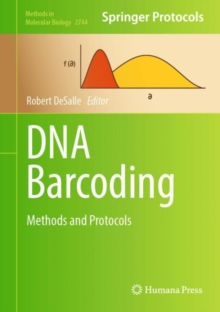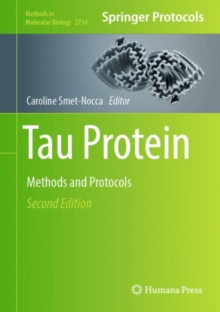
Molecular Embryology EPUB
Edited by Paul T. Sharpe, Ivor Mason
Part of the Methods in Molecular Biology series
EPUB
- Information
Description
Most people have some interest in embryos; this probably results, in part, from their interest in understanding the biological origins of themselves and their offspring and, increasingly, concerns about how environmental change such as pollution might affect human development.
Obviously, et- cal considerations preclude experimental studies of human embryos and, c- sequently, the developmental biologist has turned to other species to examine this process.
Fortunately, the most significant conclusion to be drawn from the experimental embryology of the last two decades is the manner in which orthologous or closely related molecules are deployed to mediate similar - velopmental processes in both vertebrates and invertebrates.
The molecular mechanisms regulating processes fundamental to most animals, such as axial patterning or axon guidance, are frequently conserved during evolution. (It is now widely believed that the differences between phyla and classes are the result of new genes, arising mostly by duplication and divergence of extant sequences, regulating the appearance of derived characters. ) Other vertebrates are obviously most likely to use the same devel- mental mechanisms as humans and, within the vertebrate subphylum, the - parent degree of conservation of developmental mechanism is considerable.
It has long been recognized that particular vertebrate species offer either d- tinct advantages in investigating particular stages of development or are - pecially amenable to particular manipulations.
No single animal can provide all the answers because not all types of experiments can be carried out on a single species.
Information
-
Download Now
- Format:EPUB
- Publisher:Humana Press
- Publication Date:02/02/2008
- Category:
- ISBN:9781592592708
Information
-
Download Now
- Format:EPUB
- Publisher:Humana Press
- Publication Date:02/02/2008
- Category:
- ISBN:9781592592708



